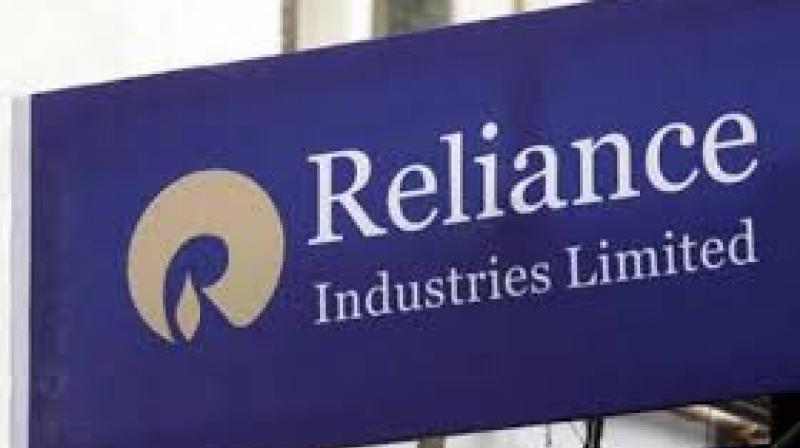Reliance to halt oil imports from Iran: sources
In 2017, Reliance's oil imports from Iran surged by about 45 per cent to 67,000 bpd, according to ship tracking data.

New Delhi: India’s Reliance Industries Ltd, owner of the world’s biggest refining complex, plans to halt oil imports from Iran, two sources familiar with the matter said, in a sign that new US sanctions are forcing buyers to shun oil purchases from Tehran.
Reliance’s move, expected to take effect in October or November, came after US President Donald Trump abandoned a 2015 nuclear agreement this month and ordered the reimposition of US sanctions on Tehran.
Some sanctions take effect after a 90-day “wind-down” period ending on August 6, and the rest, notably on the petroleum sector, after a 180-day “wind-down period” ending on November 4.
India has said it does not follow US sanctions but companies with links to the US financial system could be liable to penalties if they do not comply.
Reliance, an Indian conglomerate controlled by billionaire Mukesh Ambani, has significant exposure to the financial system of the United States, where it operates some subsidiaries that are linked to its oil and telecom businesses among others.
Reliance, whose modern refining complex at Jamnagar in Gujarat can process about 1.4 million barrels per day (bpd) of crude, has told officials of the National Iranian Oil Co (NIOC) that the firm would stop oil imports from Tehran in October or November, one of the sources said.
A second source said the company could halt imports from Iran earlier than that if European nations and Tehran failed to salvage the nuclear deal.
This source said that some insurance companies have asked Reliance to end exposure to Iran before November.
Global insurers have already warned about doing business with Iran while some shipping lines have said they would not take new bookings for Iran.
The United States has threatened to impose sanctions on European companies that do business with Iran.
In the interim period until it stops buying Iranian oil, Reliance has asked NIOC to supply Iranian oil in vessels owned by National Iranian Tanker Company (NITC), the sources said.
The sources did not wish to be identified as the matter is sensitive. Reliance did not respond to an email from Reuters seeking comment.
In 2017, Reliance’s oil imports from Iran surged by about 45 per cent to 67,000 bpd, according to ship tracking data. In Jan-April 2018, the company has imported about 96,000 bpd.
Rethinking dealings
Washington’s withdrawal from the nuclear deal has spurred global insurers and other companies to rethink their dealings in Iran as they await further guidance from the United States and European Union.
Earlier this month French energy giant Total said it might quit a multi-billion-dollar gas project if it could not secure a waiver from US sanctions.
Italy’s Eni, which last June signed a provisional agreement with Tehran to conduct oil and gas feasibility studies, has said it had no plans for new projects in Iran.
Reliance, which deals with some of the top-notch foreign bankers with huge exposure to the US financial system, exports fuel to the United States and imports ethane from there for its petrochemical plants.
Trade sources have said Reliance recently bought up to 8 million barrels of US crude.
After a gap of six years, Reliance resumed purchases from Iran in 2016 when Western powers eased restrictions on trade with Iran in return for the OPEC member agreeing to end its disputed nuclear programme.
During previous sanctions NIOC waived a condition for its oil buyers to open letters of credit.
Since the lifting of sanctions, it has been selling oil in euros, a move that has allowed companies to temporarily continue dealing with Iran, despite the US move to reimpose sanctions.
Iran is also offering deep discounts on sales to recoup market share in Asia, lost to key rivals Saudi Arabia and Iraq.
The company’s global depository receipts are traded in the US market. It is also the first Asian company to float 50- and 100-year bonds on the US debt market, according to its annual report.

